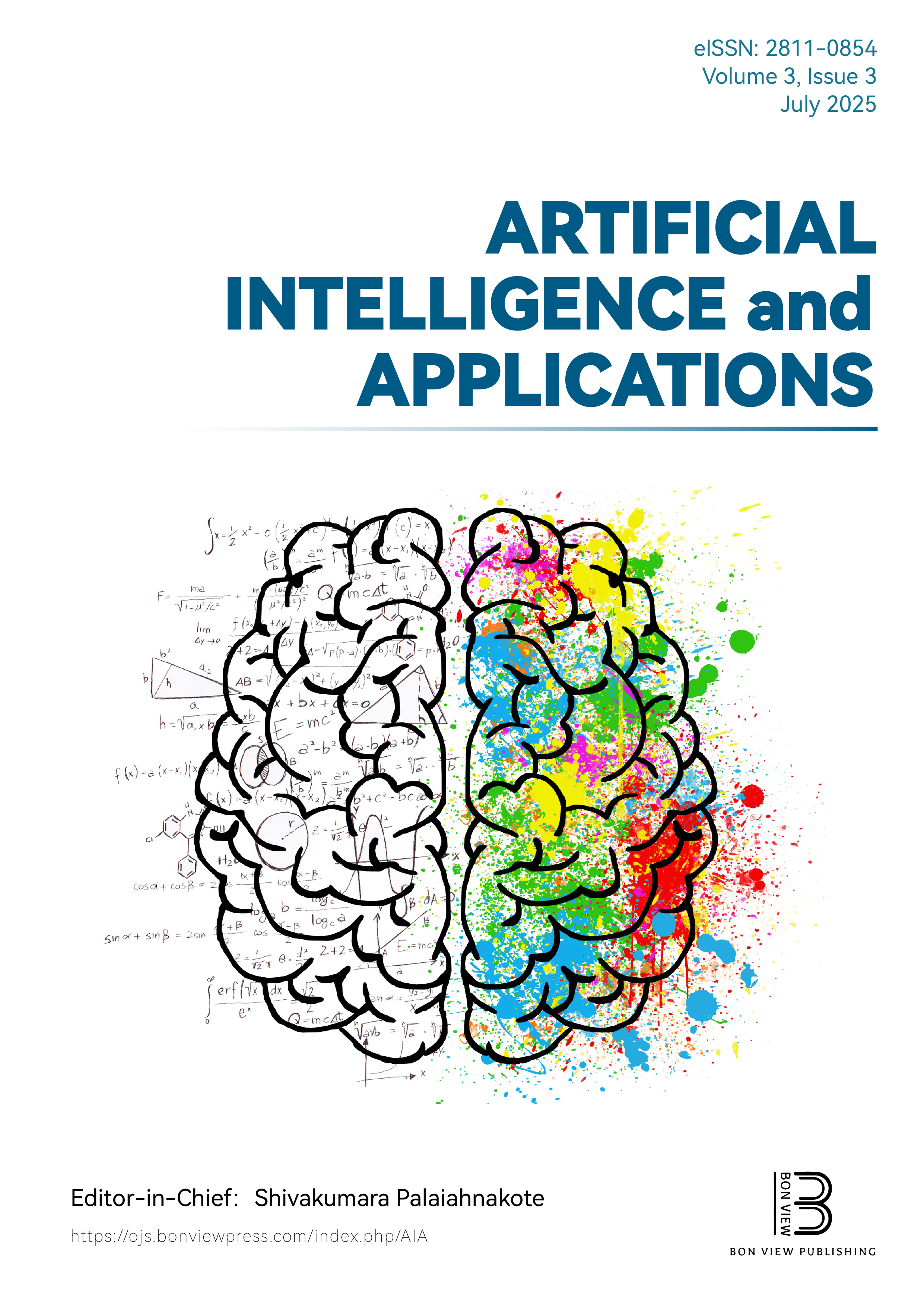A Systematic Literature Survey on the Role of Artificial Intelligence Techniques in Industrial Revolution 4.0 Readiness
DOI:
https://doi.org/10.47852/bonviewAIA2202336Keywords:
Industrial Revolution 4.0, readiness, driving factors, inhibiting factors, self-evaluation, AI recommender systemAbstract
The service sector is a key focus of the Fourth Industrial Revolution (IR4.0), a digital transformation that spans all industries. Central to IR4.0 is the adoption of emerging technologies such as artificial intelligence (AI), big data analytics, the Internet of Things (IoT), cloud computing, augmented reality, simulation, cybersecurity, systems integration, additive manufacturing, and robotics. Studies show that 59% of firms proficient in big data and IoT also utilize AI. Successful integration of these technologies enhances workforce capability and drives productivity growth. However, in Malaysia, industry readiness for IR4.0 remains at a low to medium level. This paper presents a systematic literature review to examine IR4.0 readiness models discussed in prior research. Six major databases—Scopus, Emerald Insight, IEEE, Springer, Web of Science, and Science Direct—were searched, yielding 10,428 records. After applying inclusion and exclusion criteria and a rigorous screening process, 55 relevant articles were selected for analysis. The findings reveal that IR4.0 readiness is often framed using theoretical constructs from success models, information systems theories, technology acceptance models, and maturity/readiness models. Common readiness factors such as funding, infrastructure, regulations, skills, competency, and technology appear frequently as both enablers and barriers. The review also highlights the use of self-assessment tools by industry players to evaluate their IR4.0 readiness. Based on the synthesized literature, this study proposes an IR4.0 Readiness and Implementation Framework to support industries in deploying IR4.0 technologies progressively. The framework is designed to guide organizations through phased implementation, enabling them to gradually improve their readiness and commitment to digital transformation.
Received: 24 July 2022 | Revised: 20 September 2022 | Accepted: 21 September 2022
Conflicts of Interest
The authors declare that they have no conflicts of interest to this work.
Data Availability Statement
Data sharing is not applicable to this article as no new data were created or analyzed in this study.
Author Contribution Statement
Nurul Izzati Saleh: Methodology, Software, Formal analysis, Investigation, Resources, Data curation, Writing – original draft, Writing – review & editing, Visualization. Mohamad Taha Ijab: Conceptualization, Methodology, Validation, Resources, Writing – review & editing, Supervision, Project administration.
Downloads
Published
Issue
Section
License
Copyright (c) 2022 Authors

This work is licensed under a Creative Commons Attribution 4.0 International License.


